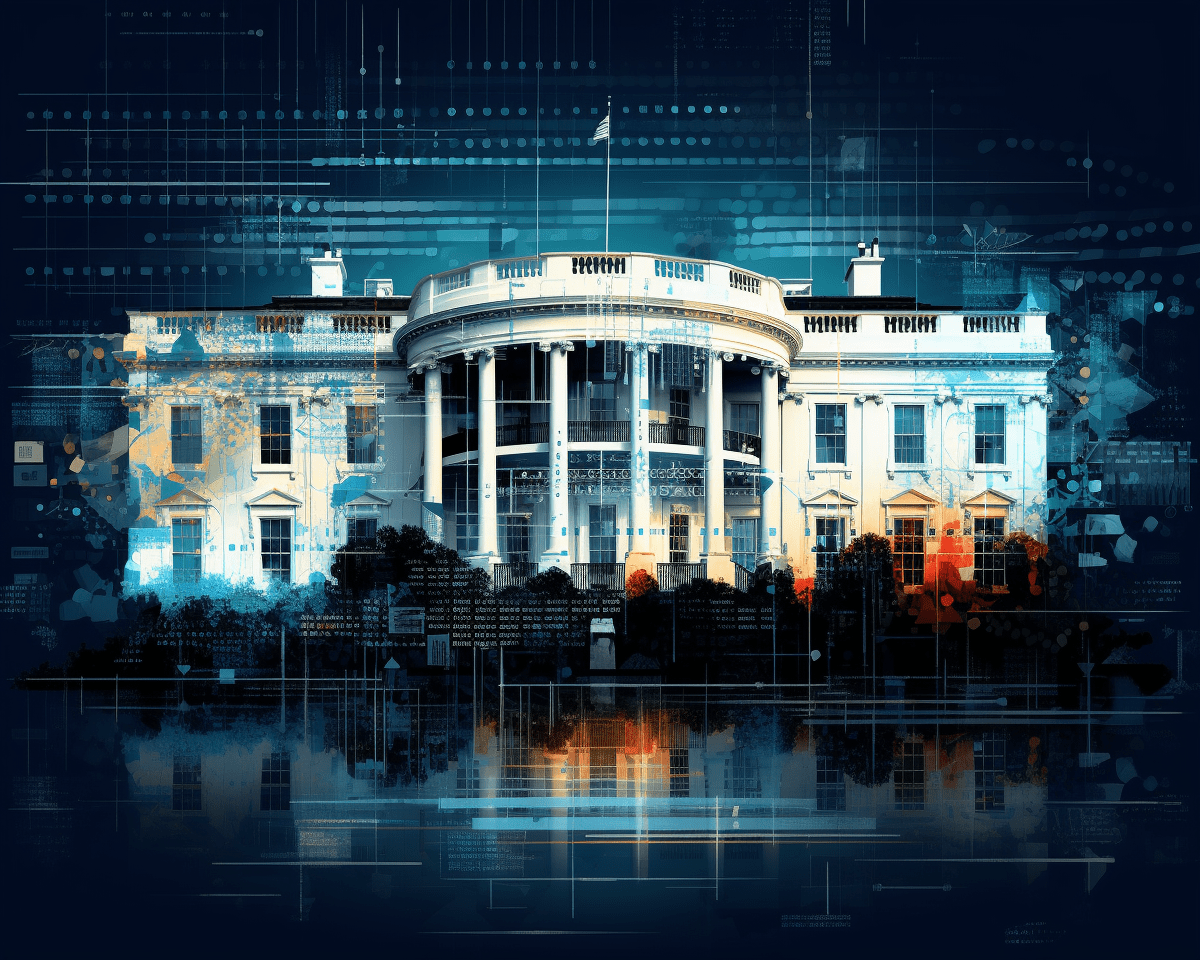“AI Impact Tour Sponsors Wanted” Calls Industry Professionals to Action
AI technologies, such as ChatGPT, have rapidly transformed businesses across a range of sectors. However, with the potential power that AI holds, experts from leading AI research lab Anthropic, among many others, have expressed concerns about the potentially destructive forces of AI. Fears about massive job loss, data privacy infringements, and the spread of misinformation have sparked global attention, particularly from government bodies.
In response to these concerns, the U.S. Congress has introduced several bills addressing the transparency requirements of AI and the creation of a risk-based framework for the technology. The Biden-Harris administration recently rolled out an Executive Order focused on the safe, secure, and trustworthy development and use of AI, covering a wide range of areas including cybersecurity, privacy, bias, civil rights, and workers’ rights.
On the international stage, the European Union has proposed the AI Act, which focuses on high-risk AI tools and systems, with a particular emphasis on robustness, privacy, safety, and transparency to mitigate unacceptable risks, which may result in the ban of AI systems from the market.
In the face of extensive debates regarding governmental regulations around AI, well-crafted regulation of the technology can also protect businesses from unnecessary risks and offer competitive advantages. Businesses must also consider their role in mitigating the potential repercussions of their use of AI, including issues related to privacy, intellectual property, and bias.
To address these challenges, setting strong guidelines for interactions with AI systems becomes crucial. For example, Wipro recently released a framework for ensuring a responsible AI-empowered future, reflecting commitments to individual, social, technical, and environmental considerations. Governance is also key to ensure accountability and transparency, ultimately facilitating better monitoring, managing, and directing of AI activities in a socially responsible manner.
Ultimately, this calls for a collective effort from all stakeholders, including businesses, academia, government, and society at large, to address potential issues arising from the development and use of AI. By actively participating in responsible AI governance, we have the opportunity to leverage the transformative potential of AI while upholding ethical and responsible standards.




